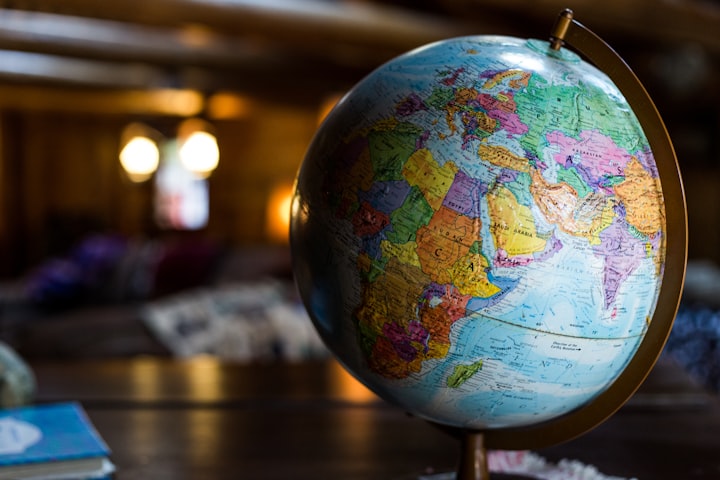Upon my last visit to the US, I caught up with many old friends, colleagues, and mentors over lunch. While we fervently talked about what’s happened in our lives since I left the US for France, they all had the same question.
What is it like living abroad?
I’ve already expressed the difficulties faced when living abroad. But as we spoke, I found myself steering the conversation towards privilege.
Living abroad isn’t the same experience for everyone. After speaking with other expats and immigrants in Paris, I’ve recognized that my quality of life abroad came down to two privileges I hold.
The Privilege of Speaking English
I knew the basics of French and French culture before moving to Paris. Not only that, but I’m a native English speaker. If I was really in a bind, I could find someone who spoke English. I think I’ve asked, “Do you speak English?” at least twice a day during my first month in Paris.
I don’t think anglophones realize how much easier it is to navigate many big cities abroad. True, this isn’t applicable everywhere. In smaller, rural areas, it’s much harder to find English speakers. However, it’s a relief in most large cities when you know some people around you speak English, fluent or not. This is even more relieving when your grasp of the local language isn’t excellent.
Compare this aspect of my journey to my parents’. Their native language is Kannada, a South Indian language. Have you heard of Kannada before reading this? While it’s a largely spoken language in India, it’s not well known outside of the country. Unless you speak it or know someone who does, you probably haven’t heard of it, much less understand it.
If my parents were in a bind when they first moved to the US, they probably faced more language-related anxiety than I did. They didn’t think, “If I’m really stuck, I know someone here will speak Kannada.” Instead, they had to make do with their knowledge of English at the time.
Does this mean you can travel to any place in the world and be guaranteed a language crutch because you speak English? Of course not, but it certainly helps that English is widely used internationally for business, diplomacy, research, and education.
The Privilege of Knowing People
Some people might have family, friends, or indirect connections in your expat country that you can lean on. Similarly, if you made friends or connections with people already established in the country, they can give you more tailored advice or connect you to others who can help you.
- My HR contact, who speaks fluent French and English, helped me find accommodation, open my French bank account, set up my insurance, talked me through filing French taxes, and even accompanied me to my visa renewal appointment! She helped me understand different French documents and acted as a translator for conversations above my language level.
- My first accommodation was an international housing campus for French and non-French students, artists, scientists, and other professionals. I lived on the same floor as other Americans pursuing degrees or fellowships and people from all over the world in different disciplines. They gave me general life advice about adjusting to a new place and broadened my knowledge of career options abroad.
- My landlady also speaks fluent French and English and is a socialite. She answered all of my questions and introduced me whenever she had guests over. After I left the housing campus, it was difficult for me to meet and make new friends. She helped me broaden my circle and helped me feel connected to others despite my language barrier.
If I had to boil down my most significant asset, it would come down to my connections. Not only does having a community of people you trust essential for your wellbeing, “who you know” is even more emphasized if you’re starting from scratch.
Final Thoughts
Having privilege doesn’t mean your life is problem-free. It means that there are specific problems that you will never have to face because of reasons beyond your control or fault. I think it’s important to keep this in mind because moving to another country doesn’t come with a universal list of struggles or successes.
This article was originally published in The Expat Chronicles on Medium.
About the Creator
Anu Kumar
Writing about the brain, culture, and everything in between. Researcher, expat, and book addict. Head editor of par-desi.com.







Comments
There are no comments for this story
Be the first to respond and start the conversation.